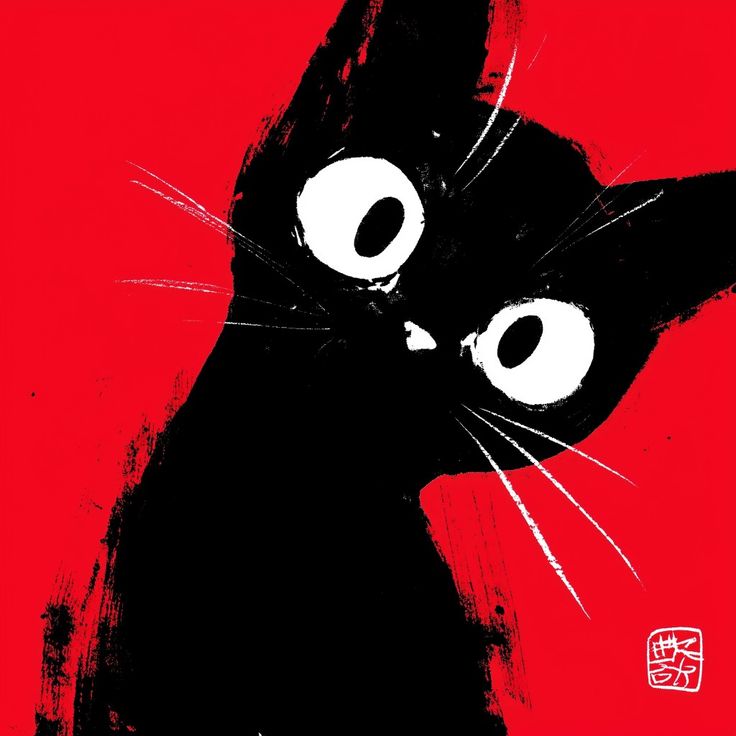
Roman Empire: A Collector's Set
25
Terms0
Plays0
Favorites0
SharesThis study set covers the Roman Empire, encompassing its history, government, social structures, and cultural achievements. Key topics include its rise, expansion, decline, and lasting legacy.
Period of Roman history from 509 BCE to 27 BCE, characterized by a representative government with senators and elected officials
Period of Roman history from 27 BCE to 476 CE (Western Empire), characterized by an emperor as the supreme ruler
Roman general and statesman, played a key role in the fall of the Republic and rise of the Empire. Famous for his military conquests in Gaul
First Roman Emperor, adopted son of Julius Caesar, established the Pax Romana
"Roman Peace," a period of relative peace and prosperity in the Roman Empire lasting roughly two centuries
The ruling council of the Roman Republic and Empire, composed of wealthy and influential citizens
Two chief executives of the Roman Republic, elected annually
Official in the Roman Republic who represented the interests of the plebeians (commoners)
Commoners of ancient Rome
Aristocratic class of ancient Rome
Ancient Roman laws inscribed on twelve bronze tablets, forming the basis of Roman law
System of law that influenced legal systems worldwide, emphasizing codified laws and legal procedures
Extensive network of roads built by the Romans, facilitating trade, communication, and military movement
Water channels built by the Romans to transport water to cities and towns
Amphitheater in Rome used for gladiatorial contests and public spectacles
Ancient Roman temple, now a church, known for its impressive dome
Highly disciplined and effective military force that conquered much of Europe, North Africa, and the Middle East
Basic unit of the Roman army
Armed combatants who fought in public spectacles in ancient Rome
Religion that spread throughout the Roman Empire, eventually becoming the official religion
Roman Emperor who legalized Christianity
The collapse of the Western Roman Empire in 476 CE, traditionally marked by the deposition of Romulus Augustulus
Continued after the fall of the Western Roman Empire, centered in Constantinople
Capital of the Eastern Roman (Byzantine) Empire
Language of the Roman Empire that influenced many modern languages
